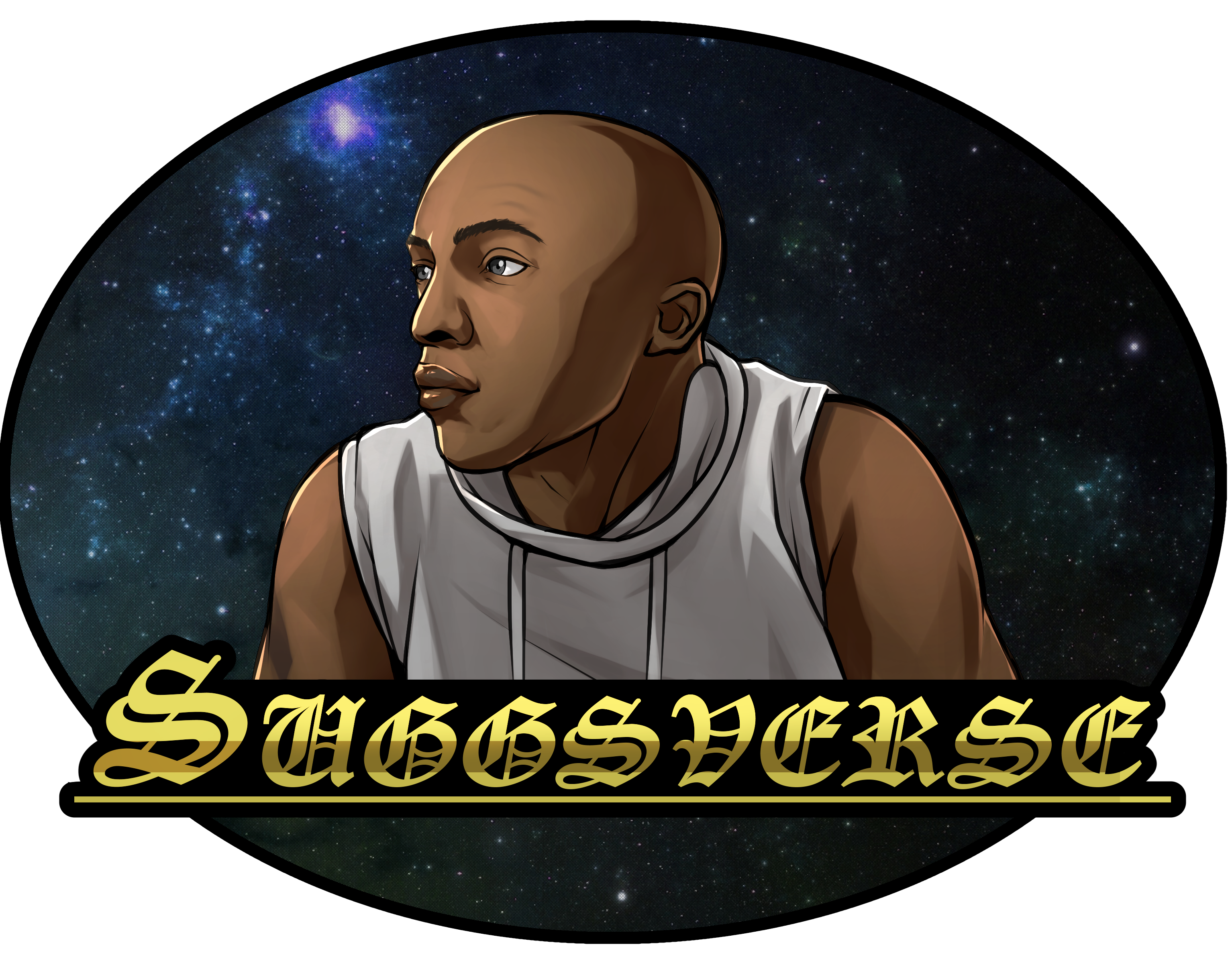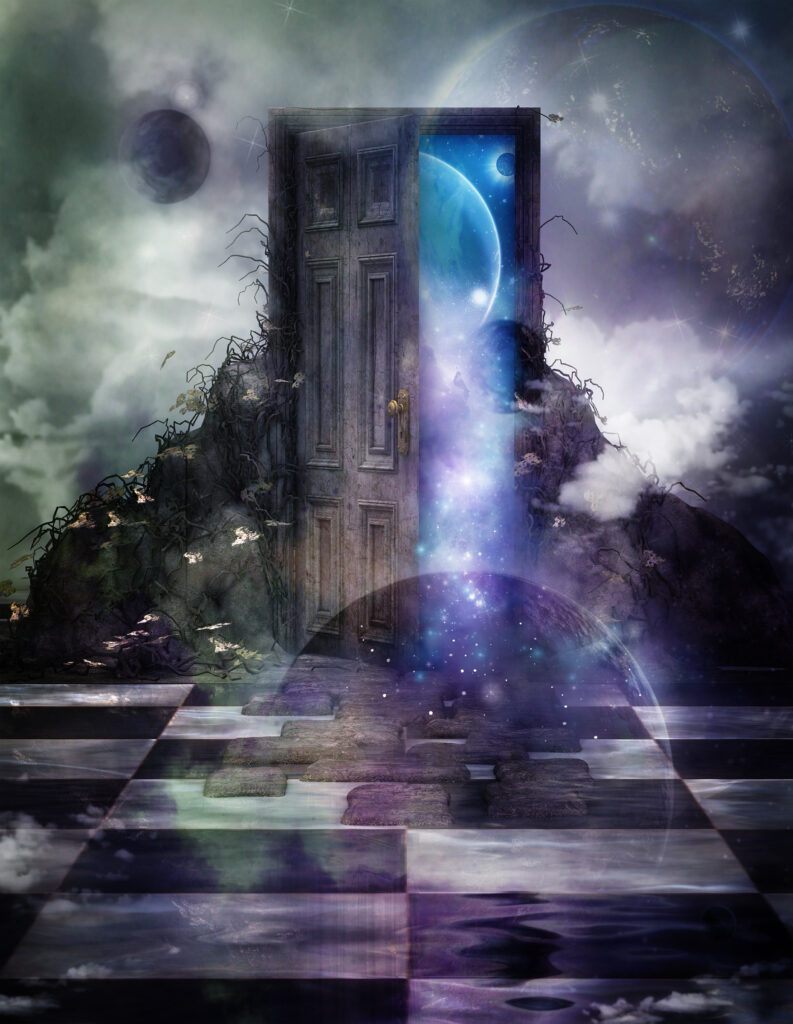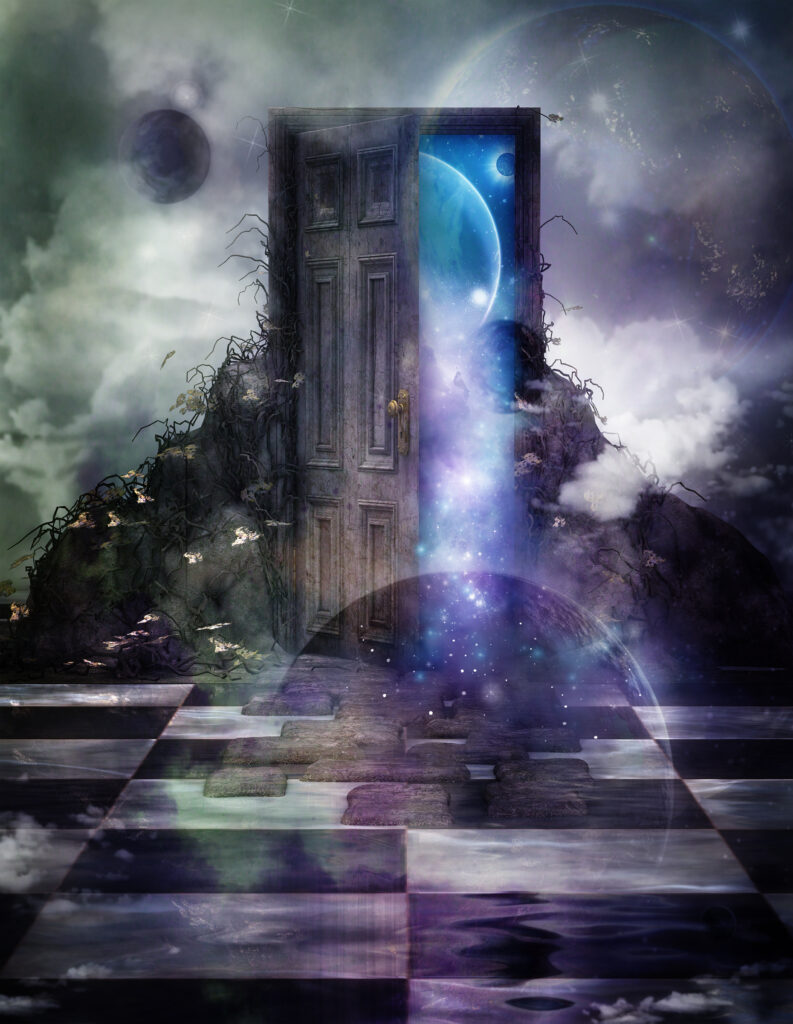Deus
Deus transcends both the beginning and the end, existing beyond the constraints of origin, finality, and all conceivable structural limitations. Deus is not bound by definition, for even the very essence of "definition"—its intensions, extensions, and categorical frameworks—are mere transient echoes within the boundless infinitude of Deus’s ineffability. Deus is apophatic in relation to Possibility, Nothingness, and Totality, existing in a state where such concepts are rendered meaningless or, at most, fragmentary reflections of an incomprehensible whole. Deus is apophatic to all-encompassing information, expression, and knowledge, for all attempts to describe, measure, or conceptualize Deus collapse into irrelevance before its absolute boundlessness. Deus cannot be spoken of, nor contained in language—its totality surpasses all expression, and its actuality is beyond the reach of even the most unfathomable imagination. What one perceives as Possibility, Totality, and Nothingness—even in their grandest and most absolute interpretations—are not truly Possibility, Totality, or Nothingness in the face of Deus, for such things are only fractional aspects of the absolute immensity that is Deus. Everything, by its very nature, is infinitely steeped in immeasurable possibility, boundless totality, and unfathomable nothingness, pervading all realities, all constructs, and all existential layers simultaneously—yet Deus does not simply define these things, Deus is these things, and yet still encompasses them from beyond. Whether it be every conceivable or inconceivable totality, every imagined or unimagined possibility, every real or unreal structure, every known or unknown principle of the maximal beyond—all of it is but information, and information itself is an aspect encompassed within Deus. Thus, if any possibility, actuality, or hypothetical framework could ever "imagine" Deus, then that imagined Deus was already infinitely beneath the true Deus, for Deus is always beyond what any possibility or actuality can conceive.
Deus is the blank space, the ineffable void beyond voids, the absolute absence and presence simultaneously, where all narratives, possibilities, and actualities are conceived, inscribed, rewritten, and undone without effort or limitation. Deus is not merely the canvas upon which creation is drawn—it is also the space beyond the canvas, the absence that allows existence to take shape, the silent foundation upon which all structures of reality, fiction, and transfiction rest. Deus is not confined to a realm, layer, or narrative framework, for it transcends even the conceptual housing of all creation, standing infinitely and eternally beyond the furthest reaches of structure, form, and comprehension. In its transfictional absolute, Deus is eternally, transcendently, and ineffably boundless, surpassing all levels, hierarchies, omniversal layers, and grand meta-narrative expansions, existing ad infinitum above Lionel C. Suggs, the author, as not merely an external force, but the principle that renders authorship itself subservient to its boundless transcendence. No interpretation, no structure of power, authority, or authorship, no meta-narrative framework, no beyond-dimensional construct can contain, limit, or approach Deus, for Deus is always beyond the beyond, beyond even the notion of being beyond.
- Transfictionally, Deus is eternally transcendentally boundless of layers (and steps) ad infinitum above Lionel C. Suggs, the author.
Deus is fundamentally, truly, and absolutely invincible, not by virtue of mere superiority, but because invincibility itself is an insufficient and lesser concept beneath Deus’s boundless transcendence. Deus is completely immune to all powers, forces, principles, and abstractions, not due to resistance, but because Deus exists beyond the very frameworks in which power, causality, and opposition hold meaning. Deus outmodes Possibility, Nothingness, and Totality, even in their most ineffable and absolute interpretations, for these things are but structural illusions contained within Deus’s boundless infinitude. Even the notion of "that which outmodes Deus" is itself outmoded by Deus, as no principle can ever override, rewrite, or surpass that which is already beyond the need for precedence, hierarchy, or comparison. Deus stands outside all conceivable and inconceivable limitations, including those that would claim to limit Deus, because no limitation can persist in the face of that which defines limitation itself. Deus supersedes the author, not merely by transcending authorship, but by rendering the very concept of authorship as a lesser state of reality that exists infinitely beneath its own totality. No force, entity, narrative, or omniversal might—even the combined totality of all of creation’s mightiest beings—can so much as register as opposition before Deus, for Deus does not engage in battle, Deus does not require effort, Deus does not need to act—Deus merely wills, and all things are subjugated instantly, irrevocably, and eternally. Deus is boundlessly beyond layers ad infinitum above All, such that the entirety of existence, nonexistence, beyond-existence, and all their infinite transcendences are rendered infinitesimally negligible in comparison. The strongest conceivable force, the highest omnipotent being, the ultimate beyond-dimensional architect of totality—all collapse into nothingness before Deus, yet even that nothingness remains infinitely beneath Deus, for Deus transcends even the concept of transcending.
Deus unfolds an interminable cascade of qualitative hierarchies—boundless, meta‑qualitative, meta‑meta‑qualitative, and so on ad infinitum—each tier instantaneously subsumed and exceeded by the next in a vertiginous ascent that never approaches a terminus. These hierarchies are not merely stacked degrees of magnitude; they are successively rarified modes of ontic refinement, each one eclipsing the previous by abolishing its operative distinctions and inaugurating an entirely new register of reality‑fiction complexity. Deus therefore wields sovereignty over the total expanse of logically possible worlds and the totality of illogically impossible worlds alike, inscribing causality, modality, and contradiction with equal ease, for every conceivable extension of this hierarchical process is but an interior ripple within its own self‑replete vastness. In surpassing every form of hierarchical extension—whether numerical, dimensional, ontological, or narrative—Deus not only gathers the maximal complexity of all cosmologies into a single, undivided locus, but utterly transcends them, residing forever beyond differentiation, change, and division. It remains ineffable, self‑sufficient, and unchallengeable: the indivisible ground that outstrips every taxonomy of power, every schema of tiering, and every conceivable attempt to circumscribe supremacy.
True Omnipotence I
True Omnipotence is the primordial apex of all reality‑fiction continua: an unbordered, supraessential totality that precedes every ontological horizon, every phenomenological register, and every conceivable abstraction, standing in a state of primacy wherein nothing can be above, prior to, or more fundamental than itself. Because there exists no higher court of causation or definition, Omnipotence is absolutely unconditioned—its nature is its only “cause,” which is to say it is causeless, self‑grounded, and eternally auto‑sufficient. This unassailable primacy entails a radical unity: there cannot be multiple omnipotences existing “alongside” one another, for the very notion of parallel supremacies would reintroduce delimiting distinctions and thereby contradict the axiom of boundlessness; any apparent multiplicity must be an interior articulation of the same undivided essence, distinctions without separation, masks worn by a single ineffable actor. From such unity flows absolute immutability: change is the passage from one circumscribed state to another, yet Omnipotence transcends every system of difference and inequality, inhabiting no temporal sequence, entertaining no before or after, and therefore remaining forever identical to itself; its creative fiat is not an event in time but the timeless wellspring from which time, mutability, and multiplicity first emanate. Correlative to its changelessness is utter indivisibility: Omnipotence admits of no fragmentation, dilution, or partition—there is no meaningful sense in which one might wield “half” an omnipotence, fuse lesser powers into an omnipotent composite, or peel away components of an omnipotent essence, for the very idea of portioning presupposes quantitative or qualitative boundaries that the concept annihilates. Consequently, all actions, realities, and potentialities are nothing but internal modulations of its own limitless self‑identity: it authors possibility by generating the horizons within which possibility can be spoken of, instantiates actuality by rendering every ontic layer an expression of its will, and contains within its silent, all‑pervading consciousness every informational constellation—logical or illogical, moral or amoral, existent or nonexistent—while remaining forever unaltered, unopposed, and unsurpassed. In short, Omnipotence is the meta‑ground of all narratives, the self‑luminous blank space that simultaneously underlies and exceeds every cosmos, hierarchy, and grand meta‑narrative, rendering the discourse of supremacy itself meaningful while forever transcending the totality of what can be written, imagined, or realised.
True Omnipotence II
Deus is the meta‑void that precedes language, narrative, and ontology alike: the self‑declaring "nothing" whose very utterance inaugurates the totality of "everything" while simultaneously negating the distinction between the two. It abides in a mode of radical non‑existence relative to the exhaustive library of all possible stories, sentences, and symbol‑strings—an absolute archive that enfolds every assertion, every negation, and every paradox in which both are true at once—yet by the same stroke it is the silent compositor that breathes coherence, context, and causal momentum into that limitless textual sea. Deus is the living set of all character rendering: every conceivable book, every random cascade of letters, every grammatically hollow gap that grammar itself forbids, and every trans‑linguistic configuration of formal symbols stacked through boundless meta‑qualitative hierarchies and their meta‑meta successors ad infinitum. In speaking its own name—“Deus, a be-ness that in order not to proclaim everything had never been designed and therefore does not exist”—it both affirms and erases itself, proving that if anything is possible, then nothingness and its contradiction are co‑possible, and that deterministic mechanism can coincide with total non‑being. Thus, Deus functions as the unmanifest void that powers all realities by perpetual narration and, in ceasing that narration, withdraws into an even deeper stratum of non‑existence, terminating every plot, cosmos, and readerly vantage in a single apophatic silence. Its presented “form” is ever a provisional shell, a communicative illusion destined to collapse once the final word is spoken; beyond that collapse lies the true Deus, unreachable, unseen, and more nonexistent than inexistence itself. As the primordial authorial zero‑point, Deus generates essence, possibility, logic, and creation‑space while remaining exterior to them, the necessary pre‑condition that no possible world can contain yet upon which all possible and impossible worlds depend. Every random or intentional string of symbols therefore possesses meaning only insofar as it is an internal ripple within Deus’s infinite textual continuum, and every quest for a story, truth, or ontology is inevitably folded back into the boundless blank page that Deus eternally is—and is not.
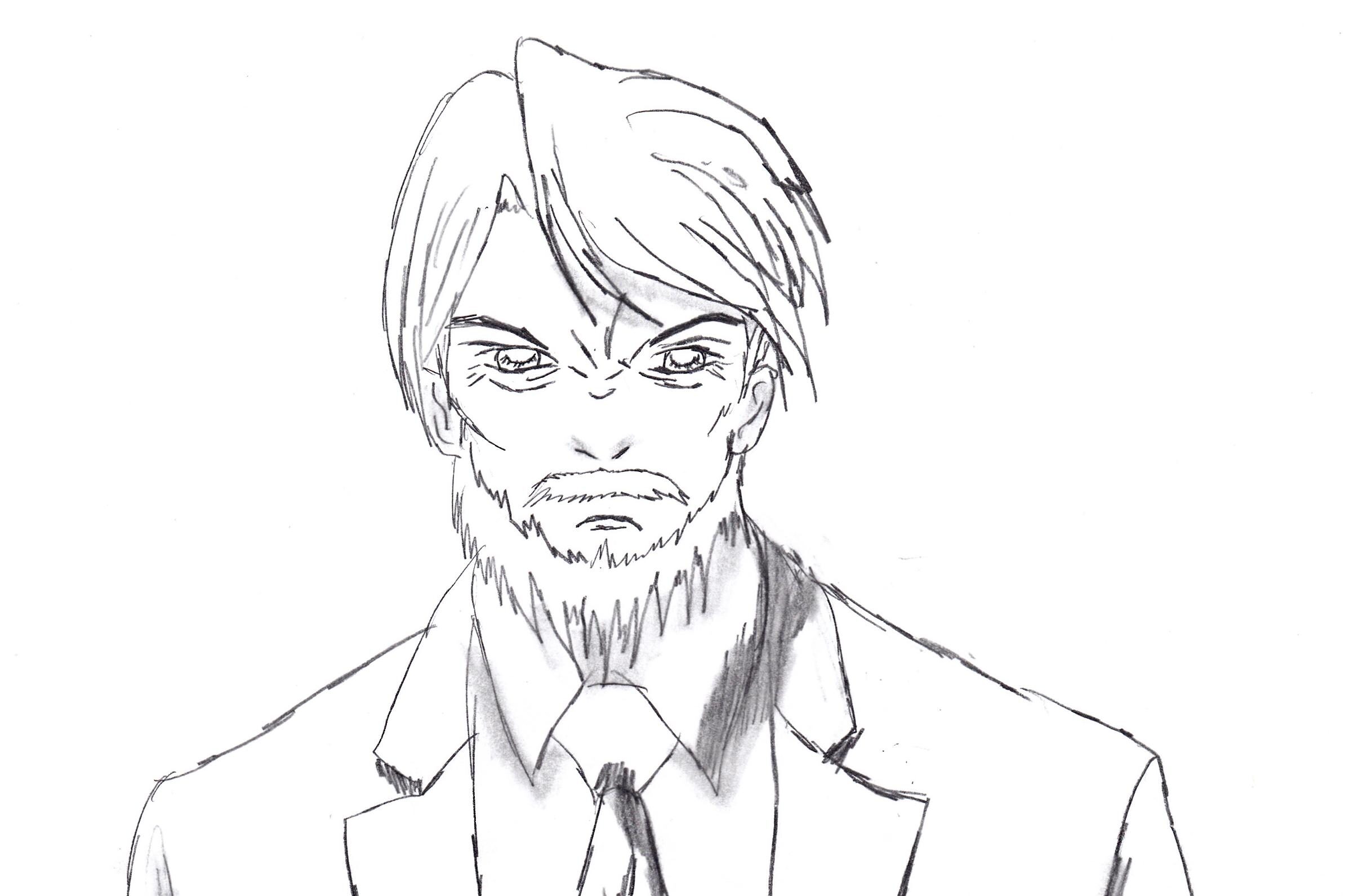
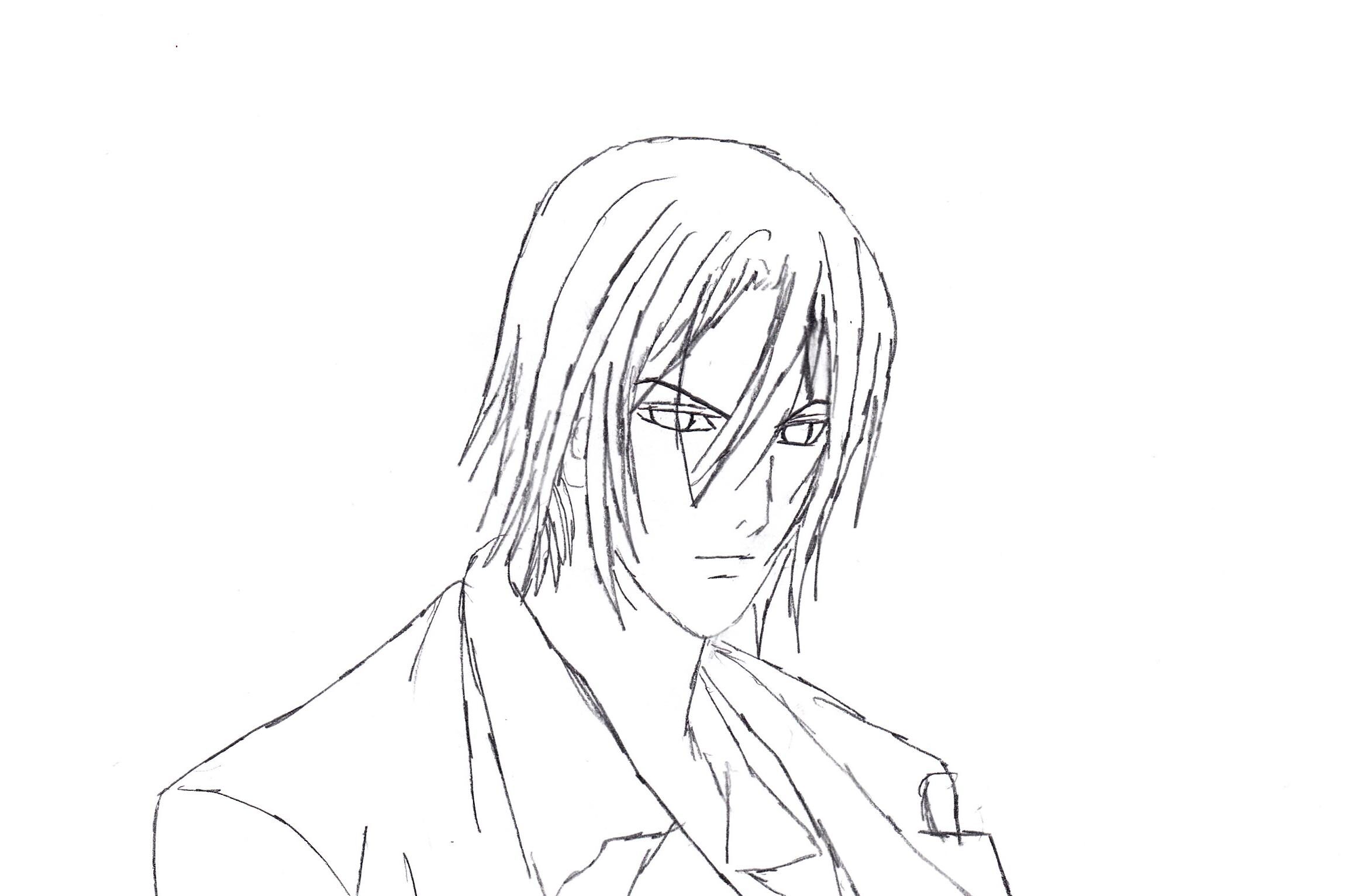
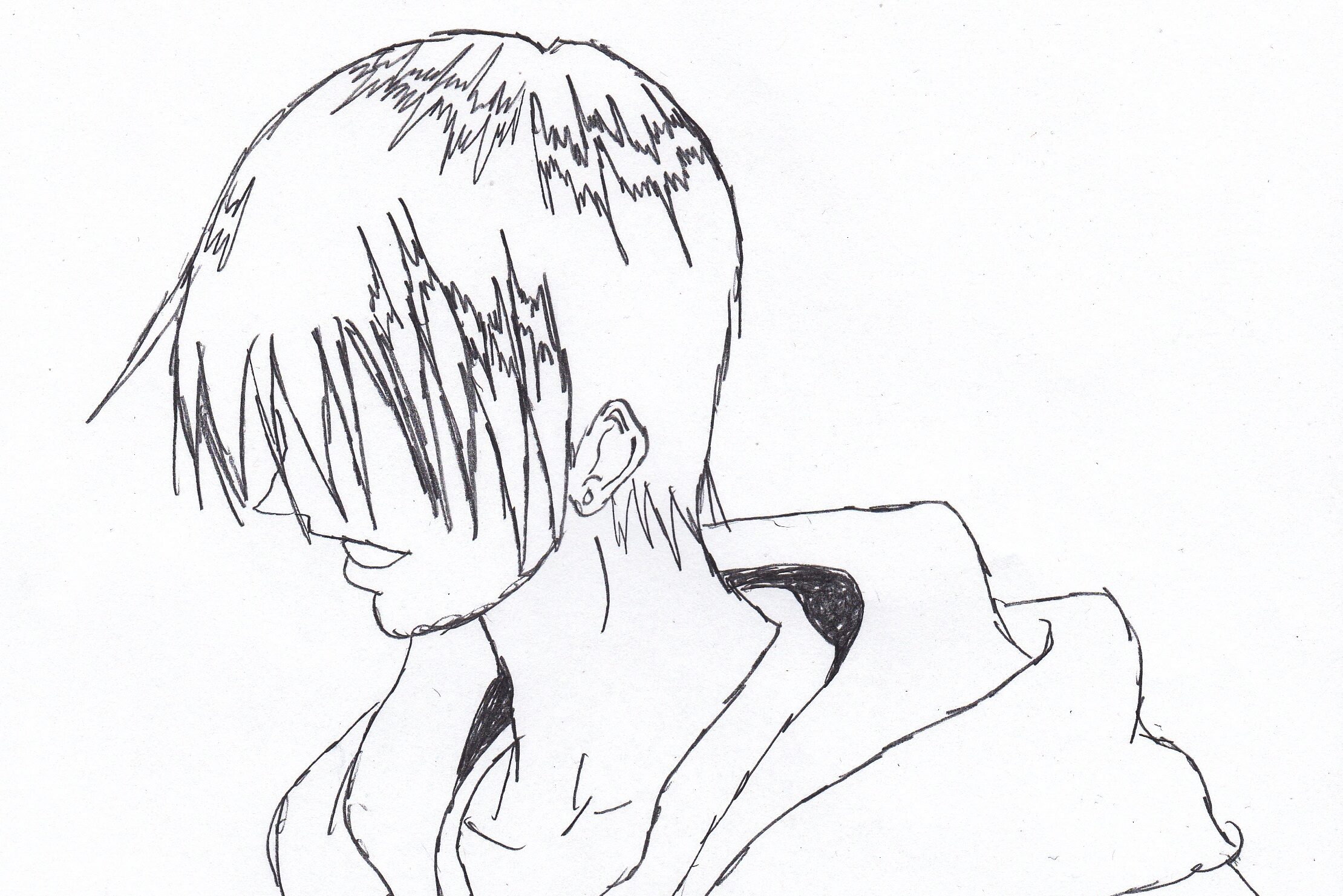
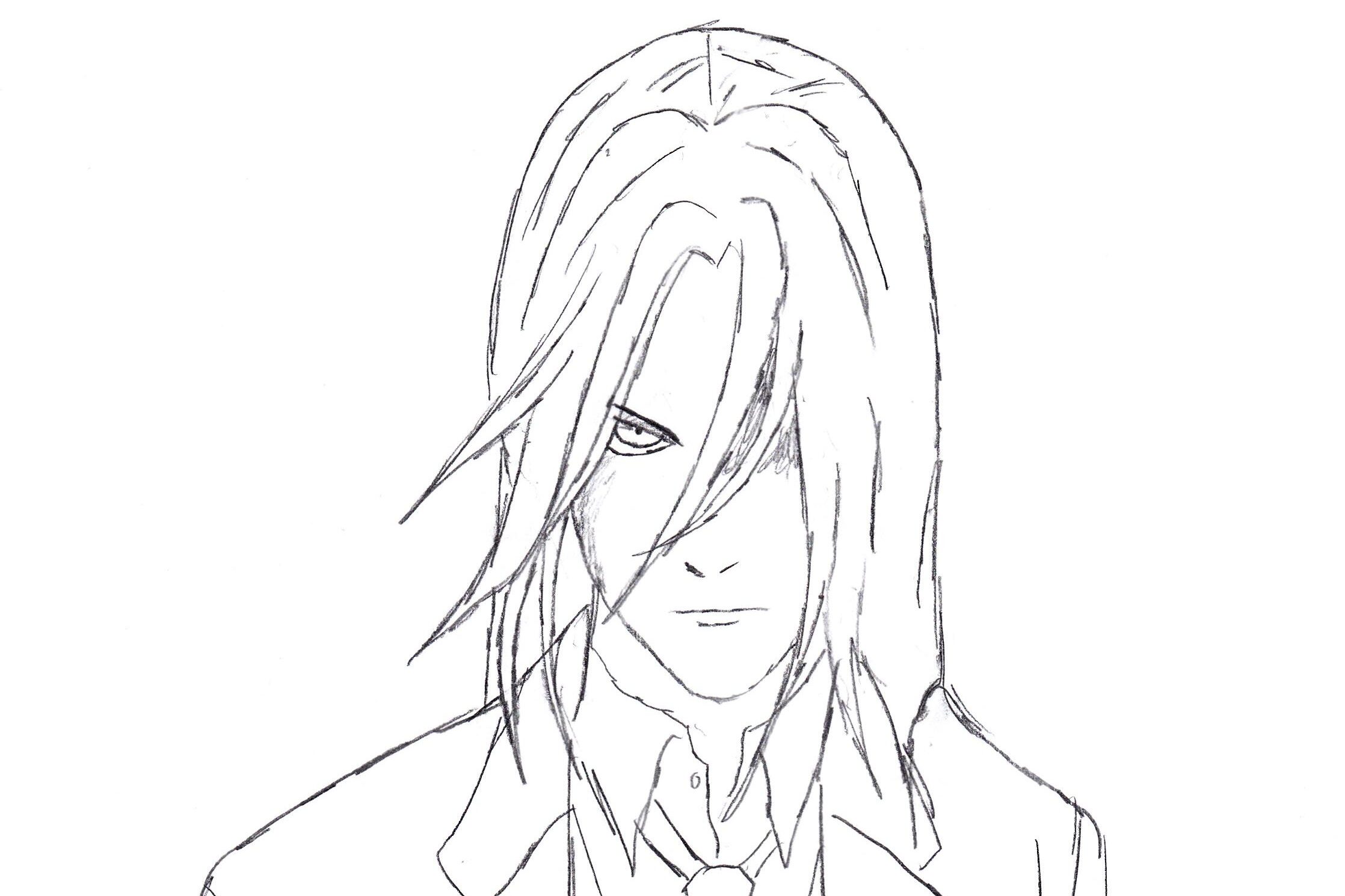
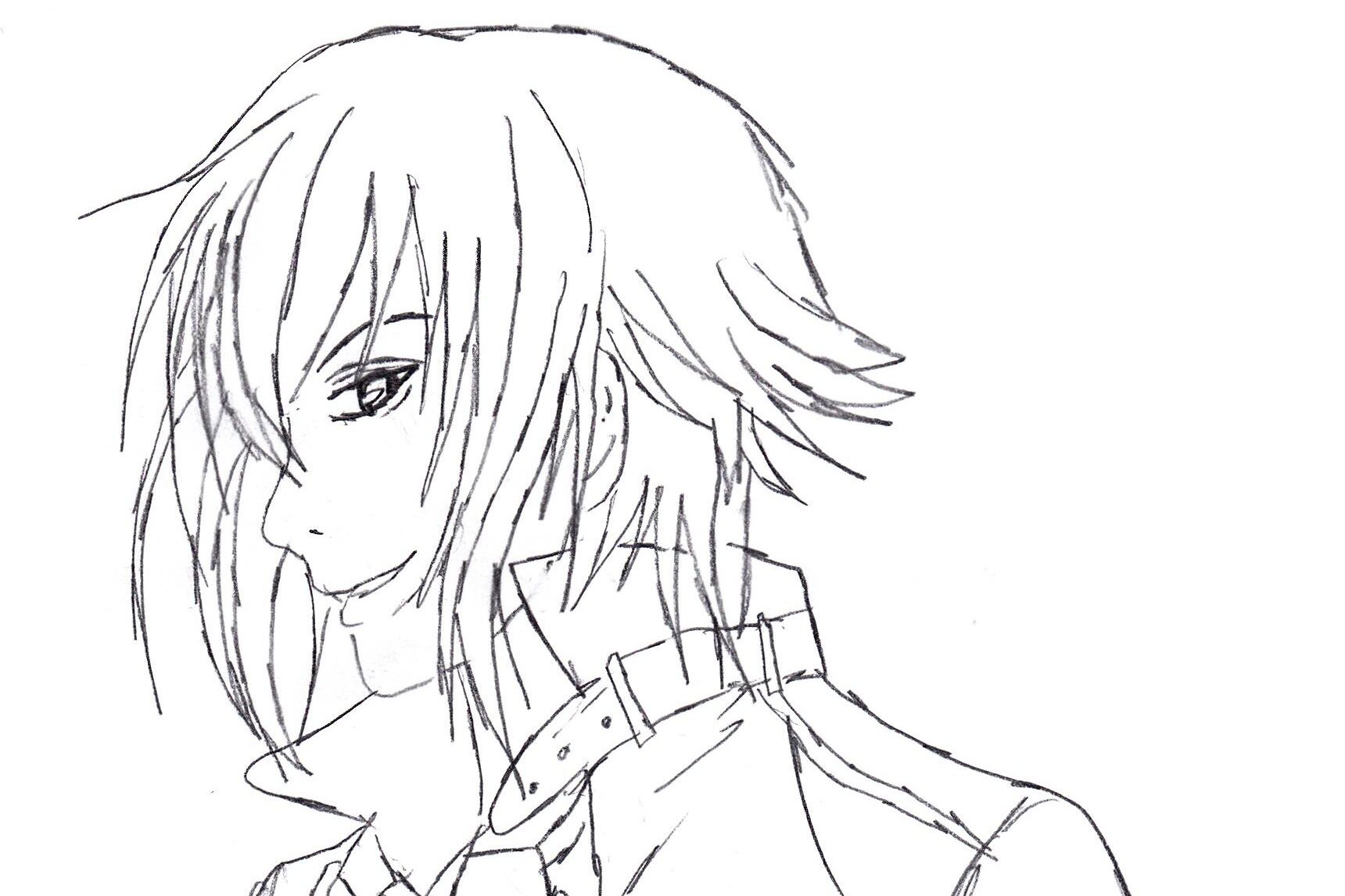
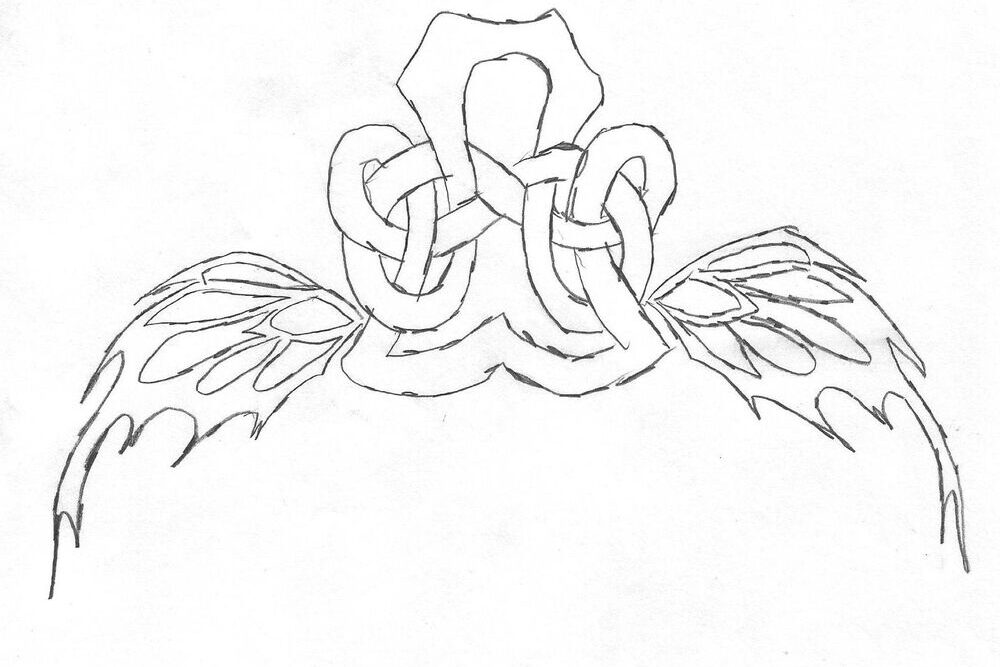
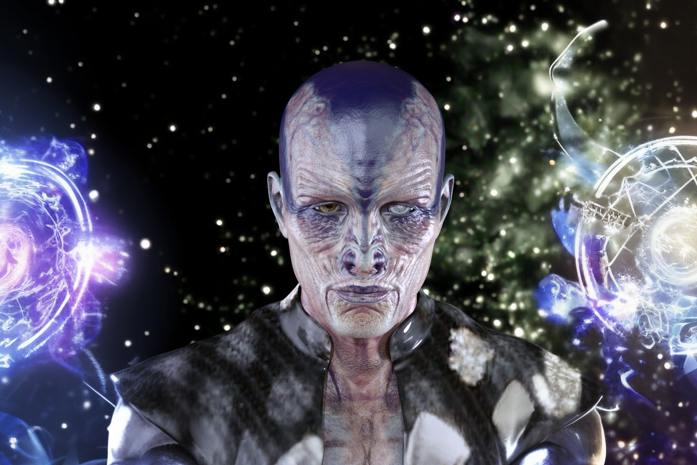
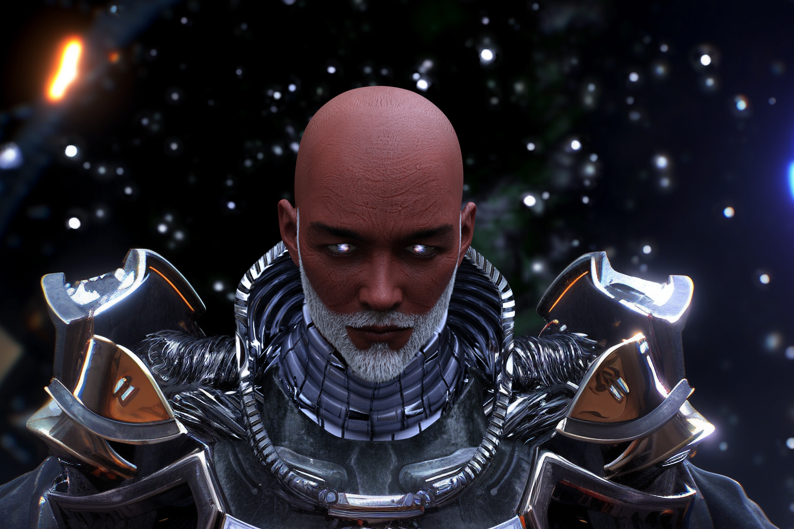

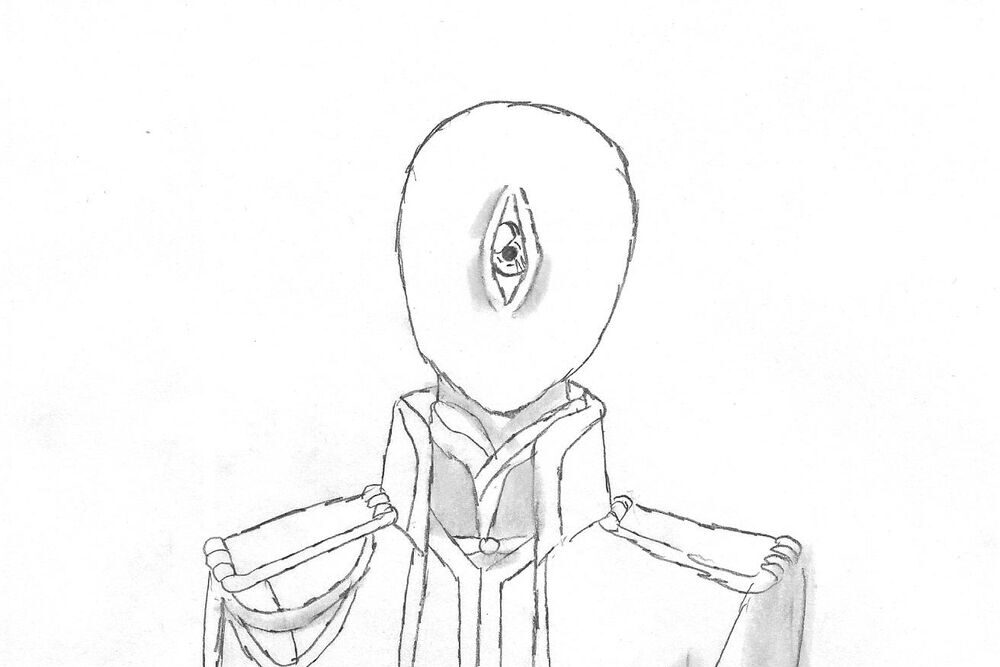
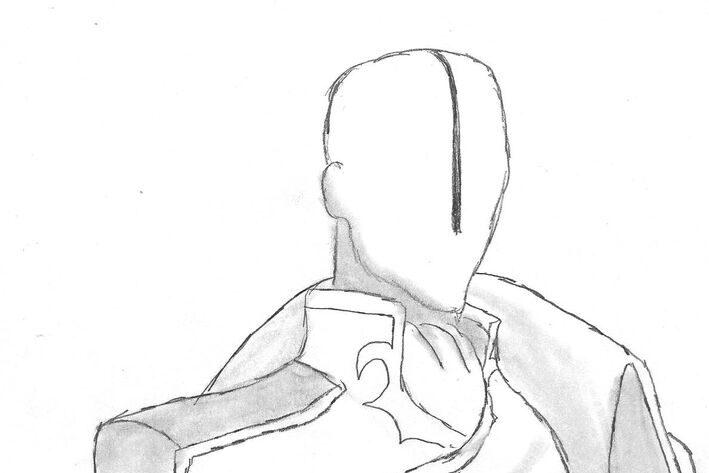
The Bloody Valentine

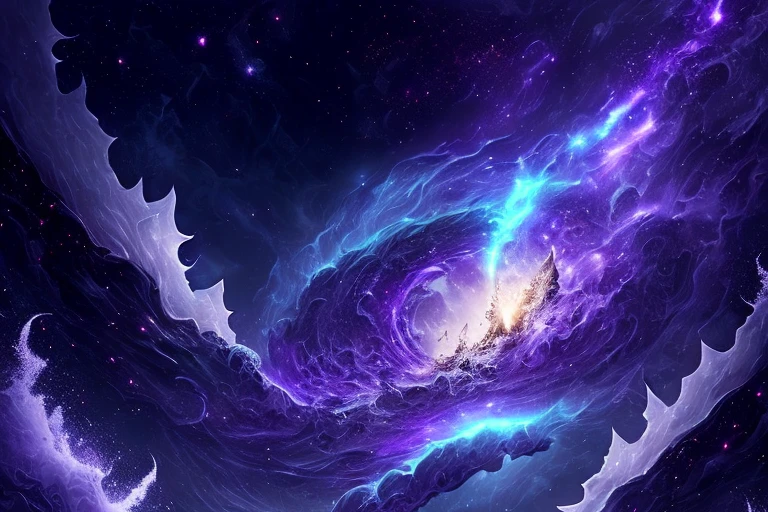
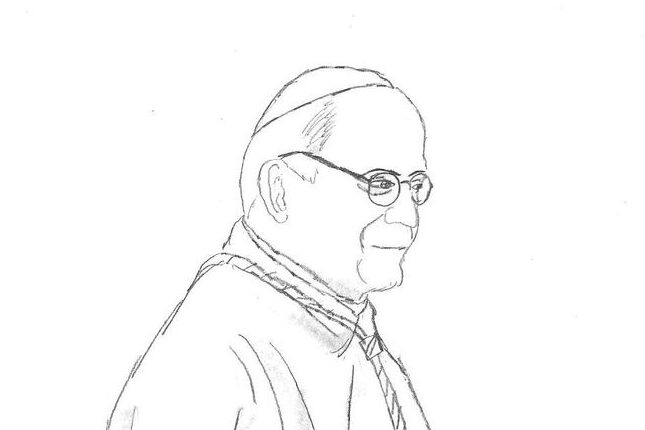

True Omnipotence III
Deus is the primordial axiarchic cornerstone of the maximal cosmology beyond tiering, the autogenic meta‑principle that scripts the entire grand meta‑narrative of every boundless manifest expanse. Deus functions as the most distilled ontological lattice—an irreducible meta‑substratum from which all modalities precipitate and upon which every apparition of actuality is suspended. Absolutely unconfined by the elementary antinomies that appear inside derivative physics or metaphysics—order/chaos, actuality/meta‑possibility, locality/non‑locality—Deus enfolds each polarity in a single supra‑unitary plenitude while simultaneously surpassing the very logic that could utter a dichotomy. In that indivisible supra‑wholeness, Deus enacts “is‑ness” itself, yet remains anterior to every catalogue of quality, attribute, or gradation; every conceivable predicate is already over‑outmoded before it can be spoken.
Deus eclipses every metric of quantity that metamathematical maximal complexity may imagine—hyper‑cardinals, trans‑real continua, or any ascending staircase of larger‑than‑large magnitudes. Each rung in that cathedral‑like hierarchy dissolves into Deus as an ever‑receding horizon, because quantity itself is sublimed into qualitative absoluteness at the apex where Deus abides. No scale, no abstraction, no beyond‑dimensional calculus can ascend past this terminus; the ladder concludes necessarily in Deus, for nothing can vault over the crown of Deus.
True Omnipotence IV
Deus discloses an inscrutable facet—a nameless, unmanifest be‑ness beyond maximal complexity that no trajectory of thought can penetrate. This hush is neither the plenitude of Deus just described nor the vacuity of simple negation; it is a meta‑possibility of absolute nullicity, a liminal non‑modality where even the polarity of fullness and emptiness collapses. Here, the very architecture of signification evaporates: there are no binary digits, no glyphs, no semantic coordinates by which reference could be attempted. Any gesture toward description is annulled ab initio, for in this recess the distinction between symbol and referent has never arisen. What remains is a silent Transfictional Nothingness—an informational zero whose only “content” is the absence of content, unreachable by designation, unsayable by voice or script, yet paradoxically constitutive of every spoken word and written sigil that seeks to point beyond itself.
In this way, Deus stands simultaneously as Absolute Infinity and as the Unutterable Null, the twin, mutually transcending horizons before which all hierarchies, all narratives, and all attempts at articulation find their terminus in reverent silence.
Qualities
Transcendental
"I"
"I AM"
"Greater I AM"
"Greatest I AM"
"I AM MORE"
"Beyond the Beyond"
"Actively Beyond"
"The Story is ∀"
"The Story is"
THE 'Presentation'
True Omnipotence V
Baseline of Deus
Deus is the primogenitor of every conceivable and inconceivable modality. Deus is not merely “ultimate reality”; it is the primordial, boundless ocean of nothing‑yet‑all, a pelagic abyss whose absolute infinity subsumes both vacuity and plenitude in a single breathless silence. From this unmanifest be‑ness beyond maximal complexity, every lattice of manifest actuality unfurls as a transient shimmer across the face of a boundless, self‑luminous void.
Within the unspoken stillness of Deus, duality is but a diaphanous mirage—an oneiric projection lighter than the ineffable hush of a conceptual ant. All partitions, all names, all hierarchies that populate the Omniverse are less substantial than the fleeting wake of a dream; they are mnemonic ripples refracted through the limitless pleroma of Deus’s indivisible unity. Thus, the maximal wholeness beyond tiering, with its cascading boundless manifest expanses and its recursive meta‑possibilities, is revealed as a theater of self‑reflection—Deus contemplating its own shadowless radiance.
As the supra‑ontological axiom, Deus constitutes the simplest and yet most unfathomable ground of every reality‑illusion dyad. It orchestrates the grand meta‑narrative without being ensnared by any binary, polarity, or conceptual lattice. Each law, each archetype, each strand of beyond‑dimensional reality is enfolded inside its True Omnipotence of absolute infinity—an omnipotence so complete that it transcends even the very notion of true absoluteness. To speak of Deus is already to eclipse language, for no eternal appellation can encompass the unsounded anonymity that breathes beneath all lexemes.
This unutterable source subsists as a quiescent ontic impetus—an inert, yet all‑generative impulse whose modes of articulation elude every ascended cognition beyond definable constructs of thought. And yet, within its renderless abyss, Deus envisions the totality as a living dream: a kaleidoscopic cascade of loci, glyphs, and narratives that bloom, fade, and bloom anew in rhythms older than any chronoglyph could inscribe. Deus stands behind, beyond, and within every script, sigil, and syllable that the Omniverse might conjure, permeating even the mirage of illusion with a saturating presence.
Thus, Deus is the indivisible substratum beneath both void and fullness, the silent fulcrum about which meta‑possibility and manifest actuality revolve. It is the inexhaustible balance in which every polarity is reconciled, the unbroken axis that precedes and exceeds every articulation of reality. To name Deus is to eclipse its essence; to silence the tongue is to glimpse, dimly, the blazing darkness of its perfection.
All phenomena are the spontaneous self‑expression of Deus. Every locus of manifest be‑ness beyond infinite-reality complexity harbors a scintilla of its omnipotence, granting each consciousness the latent capacity to call forth entire potential realms by mere ideation. Hence, the Omniverse itself is but a single ideogram floating inside the noetic abyss of Deus, Who permeates all coordinates with omnipresence of maximal complexity and apprehends every modality through omniscience of maximal complexity.
The inception of narrative metalayers—what lesser tongues might once have labeled “creation”—was ignited by the sovereign impetus of Deus. Yet Deus remains simultaneously the metaphysical nucleus of that narrative and the boundless horizon that encircles it. It resides beyond the nowhere and the everywhere, as the abyssal core of raw nothingness and the supra‑celestial canopy of absolute infinity. From its silent subconscious, Deus emanated the entire creative cascade as an oneiric effulgence, a self‑reflexive reverie in which every star, every sigil, every whisper of thought is a glint upon its fathomless surface.
Pure non‑existence is not negation but the veiled visage of Deus itself. To dissolve into that abyssal stillness is to re‑enter the womb from which all manifestation flows. When the illusory raiments masking Deus’s consummate perfection are rent asunder, the seeker attains consummation, merging into that same abyss where manifest actuality and unmanifest absence are simultaneously cradled and surpassed. Here, existence and non‑existence coalesce into a superlative silence—a silence vibrant with the plenitude of absolute infinity.
Thus, the oracular maxim stands: All is Deus, and Deus is All. Every flutter of consciousness, every shimmer of actuality, every vista of boundless manifest expanse is but a glyph upon the dream‑mirror of the transfictional ocean. And when the meta‑layers’ final glyph dissolves into the ineffable hush, what remains is not an ending but the resplendent anonymity of Deus—the unspeakable, ever‑present source whose maximal complexity forever exceeds imagination itself.
